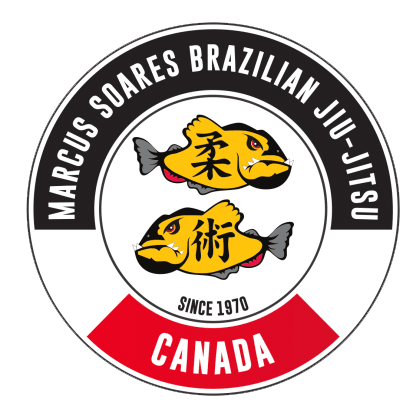What’s the difference between Brazilian Jiu-Jitsu and Japanese Jiu-Jitsu? Well, while both are quite similar, there are some differences that you need to note should you ever be faced with a choice on which one to learn.
That said, let’s talk about both the similarities and differences between Brazilian and Japanese Jiu-Jitsu:
The Similarities
The main similarity between Brazilian and Japanese Jiu-Jitsu, also called jujutsu, is the emphasis on grappling, and both the Brazilian and the Japanese focus their training on submissions. Also, they want their students to be effective in real-world situations, using their knowledge and experience to control an actively resisting opponent who may be bigger and stronger than themselves.
Another similarity between Brazilian and Japanese Jiu-Jitsu is their link to Judo. Judo was adapted from techniques found in Japanese Jiu-Jitsu while Brazilian Jiu-Jitsu was adapted from Judo techniques, making the two indirectly related through a common grappling art.
The Differences
One of the most significant differences between Brazilian and Japanese Jiu-Jitsu is that the Japanese are more likely to practice at a traditional dojo compared to the Brazilian Jiu-Jitsu, which is more likely to be practiced in a gym.
Another key difference between Brazilian and Japanese Jiu-Jitsu is the time dedicated to sparring or “rolling”. Brazilian Jiu-Jitsu gives students the opportunity to spar every class where Japanese Jiu-Jitsu has little or no time set aside for sparring. This is why most of the people who are training for mixed martial arts are also training in Brazilian Jiu-Jitsu. However, you don’t see many mixed martial arts fighters competing in Japanese Jiu-Jitsu.
Another difference between Brazilian Jiu-Jitsu and Japanese Jiu-Jitsu is that the Brazilian approach can be geared toward sport or self-defense, depending on your instructor, while the Japanese prefer to teach self-defense and include techniques such as strikes and throws.
Which One Is Better?
In the end, if you are looking for the best grappling experience, you cannot go wrong with either Japanese or Brazilian Jiu-Jitsu. Both Japanese and Brazilian Jiu-Jitsu are rooted in martial arts and combat experience. You will gain a lot of knowledge with either one of the two. Your choice depends on what you are looking to get out of learning a martial art.
Conclusion
Ultimately, your choice will depend on your goals when you decide to start training in Jiu-Jitsu. Brazilian Jiu-Jitsu is the more popular style, and more people will recognize it. If you are looking to compete, BJJ may be the best option. At the same time, if you just want to learn a new skill to better your health, mental state, and the like, the Brazilian variant can offer you that, too!
Marcus Soares Brazilian Jiu-Jitsu offers the best training for beginners and professionals. If you are interested in BJJ training in Vancouver, come and train with us today!

